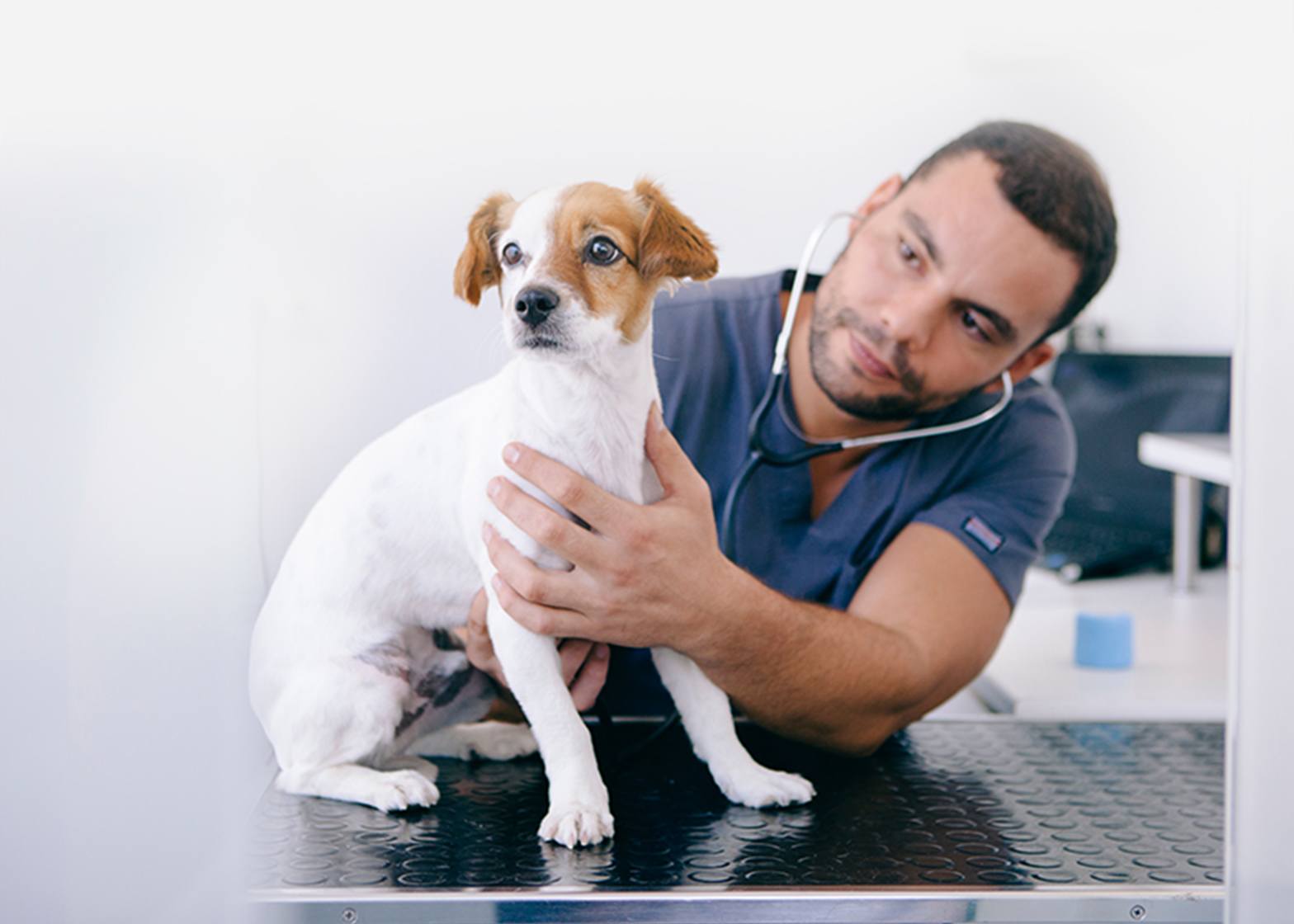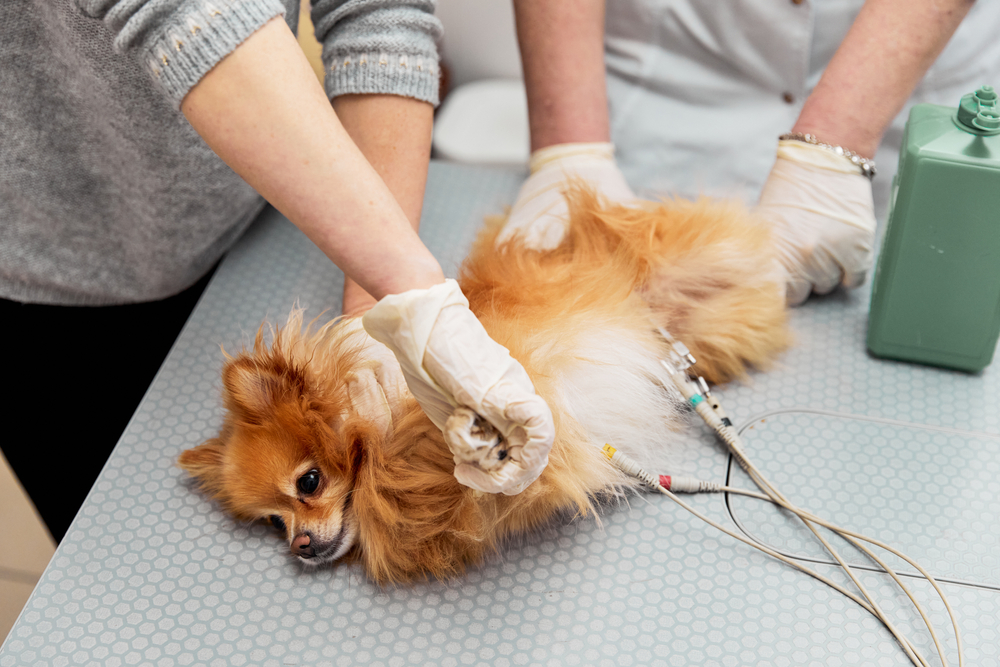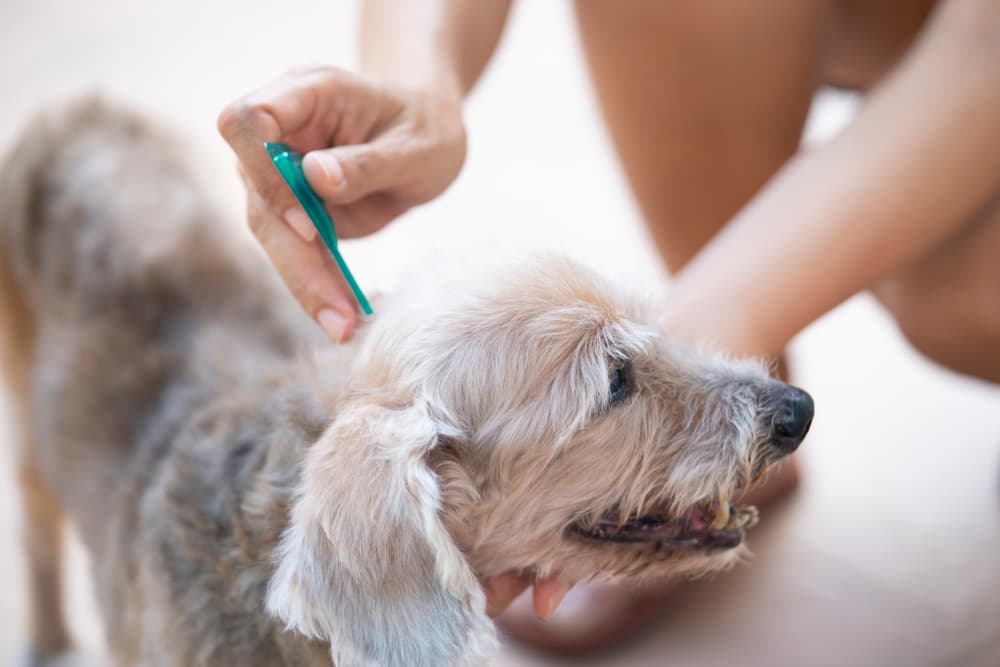General Medicine
At FurWell Veterinary Hospital, we pride ourselves on providing comprehensive medical care tailored to meet your pet’s unique needs. Our experienced veterinary team is skilled in diagnosing and treating a wide range of health concerns, ensuring that your pet receives attentive, personalized care. We take a thorough and compassionate approach to diagnostics and treatment, prioritizing both your pet’s comfort and your peace of mind every step of the way.
As an AAHA accredited hospital maintaining a safe and clean environment is a top priority, as we adhere to rigorous sanitation protocols and industry-best practices. Our goal is not only to provide high-quality veterinary care but also to deliver exceptional client service, building trust and fostering strong relationships with you and your pets.
While we are equipped to handle most general health concerns, there are times when specialized care may be required. In such cases, we collaborate with trusted veterinary specialists to ensure your pet receives the advanced care they need. Our commitment to your pet’s health extends beyond our clinic walls, as we work closely with our professional partners to help you achieve optimal wellness for your beloved companion.
As a general practitioner, we can diagnose and treat a variety of health problems. However, if diagnostics or treatment lies outside our veterinary specialty, or requires a veterinarian specialist, we may refer you to one of our partnered veterinarians. We work closely with other practices that can further assist you in achieving optimum pet health care.

At our veterinary office, we take corresponding safety precautions and observe all sanitation standards. Our goal is to provide quality pet care and exceptional customer service.
As a general practitioner, we can diagnose and treat a variety of health problems. However, if diagnostics or treatment lies outside our veterinary specialty, or requires a veterinarian specialist, we may refer you to one of our partnered veterinarians. We work closely with other practices that can further assist you in achieving optimum pet health care.

General pet medicine includes the following:
-
Cardiology
-
Dentistry
-
Dermatology
-
Radiology
-
Senior pet care
-
Ultrasounds
-
Vision care
If you witness your pet exhibiting any of the following symptoms, please schedule an appointment to have them evaluated, as the condition might require prompt treatment:
-
Anxiety causes noticeable emotional changes.
-
Confusion.
-
Constipation.
-
Coughing.
-
Decreased appetite.
-
Diarrhea.
-
Difficulty stainding up, climbing stairs, or walking long distances.

-
Excessive itching.
-
Excessive weight loss or weight gain.
-
Foul odor in or around ears.
-
Foul smelling breath.
-
Inability to control bodily functions.
-
Increased dehydration.
-
Increased eye or nose secretion.
-
Increased urination.
-
Limping.
-
Lumps in the skin that have increased in size or are entirely new.
-
Excessive Sneezing.
-
Tiny cuts across areas of the skin.
-
Unexplained exhaustion.
-
Vomiting.
-
Wounds that will not heal.
